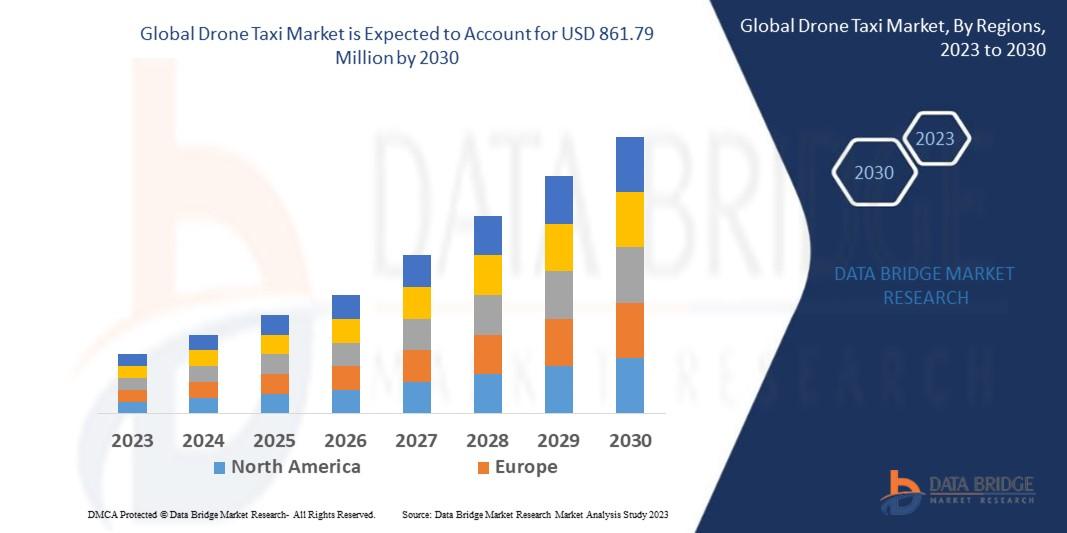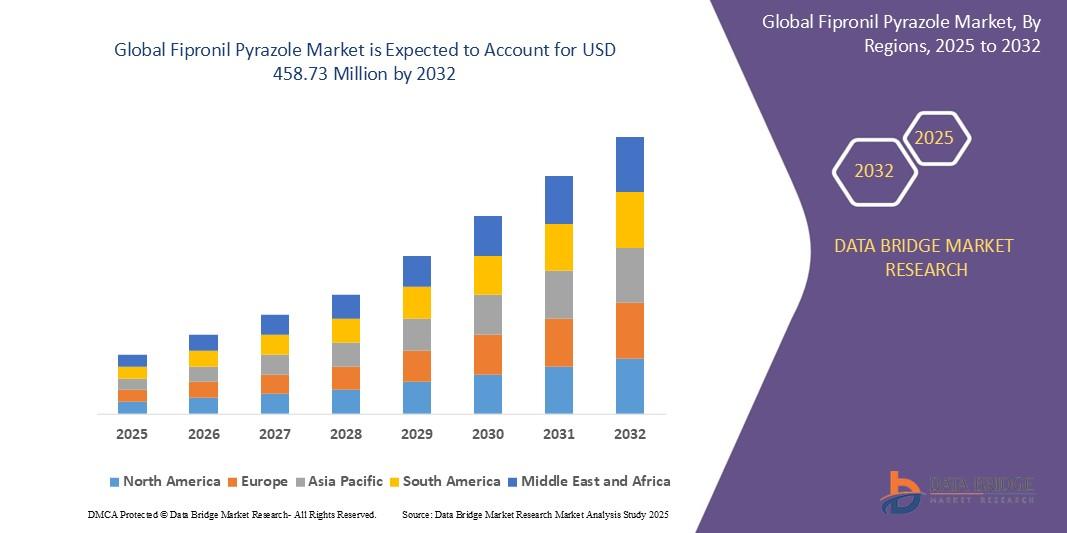Renewable Methanol Market :Trends, Growth Drivers, and Revenue Insights for Future
Market Overview
The global Renewable Methanol Market was valued at USD 1,622.8 million million in 2024 and is forecasted to grow at a CAGR of 25.20% from 2025 to 2034.
renewable methanol constitutes a small share of overall methanol production, which remains predominantly fossil-based. However, the market is experiencing rapid expansion due to rising demand for low-carbon alternatives and advances in production technology. Renewable methanol serves a dual purpose: as a sustainable chemical feedstock for polymers, solvents, and formaldehyde production, and as a lower-carbon alternative fuel, particularly for the shipping sector. This combination of applications supports strong and diversified market growth.
Global projections indicate that renewable methanol production capacity is set to increase substantially, driven by investments in both biomass and CO₂-based production pathways. Industry stakeholders anticipate double-digit growth rates over the next five to ten years as new projects are commissioned and regulatory support strengthens.
Key Market Growth Drivers
- Shipping decarbonization mandates — International and regional regulations are pressuring the shipping industry to adopt cleaner fuels. Renewable methanol provides a practical solution due to its compatibility with dual-fuel engines and newbuild vessels, enabling significant lifecycle emissions reductions.
- Technological advancement and scale-up — Improvements in electrolyzer efficiency, CO₂ capture technologies, and biomass conversion processes are reducing production costs, making renewable methanol increasingly competitive.
- Industrial low-carbon procurement — Industries are actively seeking certified low-carbon feedstocks to meet sustainability targets, creating a stable demand pipeline for renewable methanol in chemicals and fuels.
- Policy incentives and infrastructure development — Government incentives, national renewable fuel strategies, and port-level support for low-carbon bunkering are enabling both investment and market adoption.
Key Market Challenges
- Production cost competitiveness — Renewable methanol still faces higher production costs compared to fossil-based methanol, particularly for e-methanol. Achieving cost parity requires continued technology improvements and supportive carbon pricing.
- Sustainable feedstock availability — Biomass feedstocks must be sustainably sourced, and CO₂ for e-methanol must be captured from low-carbon sources, posing potential supply constraints.
- Infrastructure limitations — Adoption as a marine fuel requires extensive bunkering infrastructure, port readiness, and logistics coordination. Without this, large-scale market growth could be delayed.
- Policy uncertainty — Inconsistent regulations, slow policy implementation, or delays in carbon credit frameworks could hinder investment and project development.
Regional Analysis
Asia-Pacific — The region is a key market for renewable methanol due to its significant shipping activity and supportive government policies. Ports and bunkering hubs are increasingly exploring low-carbon fuel integration.
Europe — With strict decarbonization targets for both industry and shipping, Europe is a strong early-adoption market for renewable methanol. Policy frameworks and carbon pricing mechanisms further support the uptake of low-carbon feedstocks.
North America — The market is supported by pilot projects converting waste or captured CO₂ into methanol, coupled with abundant renewable energy resources in certain regions. Policy incentives at the state and federal level will influence adoption speed.
Rest of the World (Middle East, Africa, Latin America) — Regions rich in renewable energy and sustainable biomass resources hold significant potential for both domestic supply and export opportunities. Policy clarity and infrastructure investment will be critical for growth.
Browse Full Insights:
https://www.polarismarketresearch.com/industry-analysis/renewable-methanol-market
Some of the major players operating in the global market include:
- Advent Technologies
- BASF SE
- Carbon Recycling International
- Enerkem
- Methanex Corporation
- OCI
- Södra
- Thyssenkrupp Uhde GmbH
- Veolia
- WASTEFUEL
Conclusion
Renewable Methanol is transitioning from niche demonstrations to a commercially viable market with broad applications in chemicals and transport fuels. Its success depends on scaling production, securing sustainable feedstocks, building infrastructure, and ensuring policy stability.
More Trending Latest Reports By Polaris Market Research:
Systemic Scleroderma Treatment Market
Drug Device Combination Products Market
Systemic Scleroderma Treatment Market
Revenue Cycle Management Market




